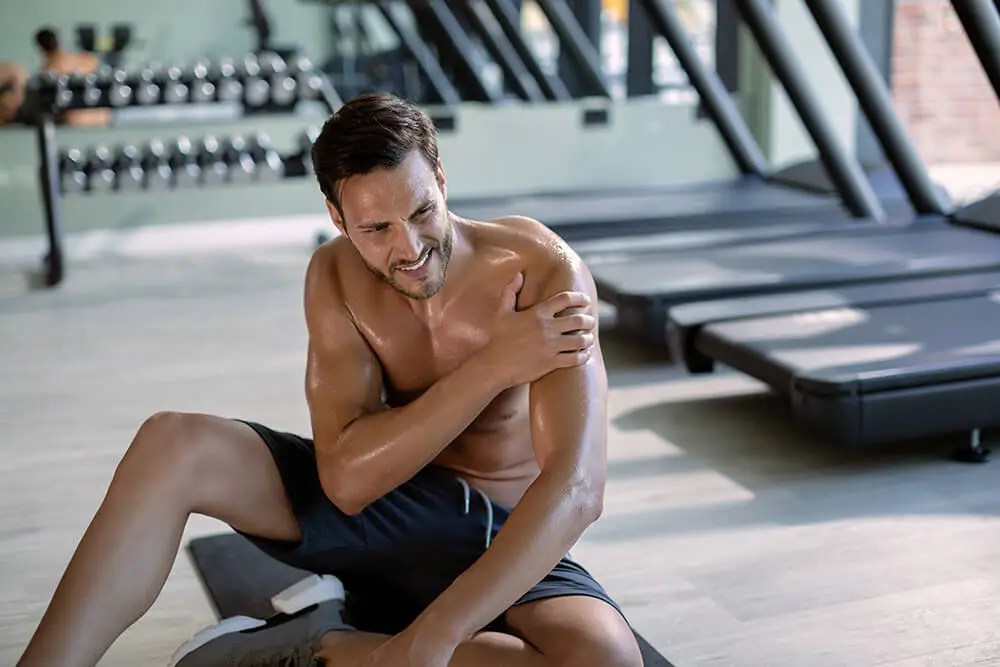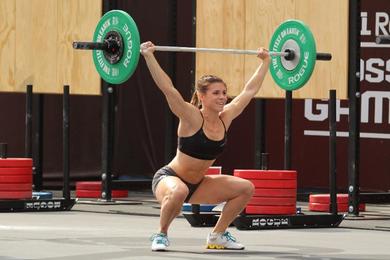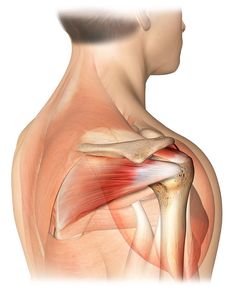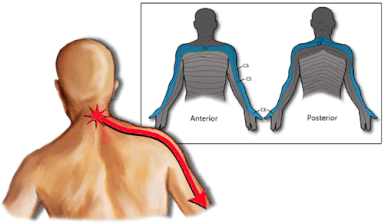
So you’ve been crushing it at the gym over the past few months. Your body is getting stronger and your conditioning is improving. You can do a ton more now compared to when you first started working out. You’re finally starting to feel like an athlete! Until one day you begin to notice some nagging pain after your finish up a workout. At first it’s not bad and you ignore it, but then it starts to progress and interfere with your lifts. All the sudden you’re modifying all your workouts and you’re experiencing pain through non-gym activities as well. Now a couple of weeks have gone by and your shoulder continues to get worse. You’re frustrated!
You’re also not alone. By some estimates, as many as 67% of people experience shoulder discomfort at some point over the course of their lives. It’s also the most commonly injured body region in CrossFit athletes. And by all accounts, I agree. 3 out of the last 4 new patients that have come to see me were for shoulder issues. Below I listed some things to consider if you’ve been dealing with nagging shoulder pain — check them out, and make adjustments as needed.
Do you have an appropriate balance of shoulder mobility and stability?
First things first, let’s clarify what these terms mean. “Mobility” refers to the ability for you to access a particular range of motion, whereas “stability” refers to the ability to be strong and sturdy throughout the range of motion, including end range (ex: when the arm is fully overhead). CrossFit, for example, is a unique sport in that not only demands extreme end-range mobility, but also adequate stability at those end ranges to handle heavy loads. If you lack the appropriate mobility to get your shoulder into the positions required to perform the exercise — don’t force it! While i’m certainly an advocate of working into an exercise with a limitation (ex: front rack position), you don’t want to force it, repetitively, under load, during a high intensity workout. That’s just a recipe for an injury.

Do you have balanced programming?
Whether you design your workouts yourself, or follow a gyms programming (such as CrossFit or weight lifting), its very easy to develop strength imbalances between opposing muscle groups. The two most common shoulder imbalances that arise are pushing vs pulling strength and “large muscle” vs “smaller muscle” strength, so let’s talk about each.
Pushing exercises include those that push weight away from you — the push-up, bench press, shoulder press, push press, etc. Pulling exercises are just the opposite; those that pull weight towards you — pull-ups, rowing, power cleans, deadlifts, etc. If you’re programming has a tendency to overwork one particular direction, imbalances can develop over time and pain can arise.
Another important imbalance involves over-dominance of the larger muscle groups — particularly the lats, pec major, and teres major. A healthy shoulder is one where the ball (upper arm bone called the humerus) stays centered in the socket (shoulder blade, aka the scapula) during movement. When these larger muscles over-dominate over the smaller ones (specifically the rotator cuff and scapular muscles), the ball moves and glides excessively, failing to stay centered in the socket, and often leading to impingement and pain. While the “beach” muscles are fun to train, attention needs to also be directed towards stabilization and accessory exercises of the little guys.

Do you sleep on your shoulder?
Our bodies heal and recovery while we sleep. If you’re dealing with nagging shoulder pain, the last thing you want to do is sleep on it. Studies have shown that sleeping on your shoulder literally cuts off the blood supply to the rotator cuff tendons, which commonly are the irritated structures that cause shoulder pain. Make it a point to not sleep on your shoulder at night, or on your stomach with your arm overhead for that matter (just as bad, if not worse). Try sleeping with your injured shoulder towards the ceiling and a pillow between your arm and your body. You should wake up everyday feeling refreshed and pain free. If this isn’t the case, adjust accordingly!

Do you also have neck pain or pain that radiates down the arm?
Most shoulder pain results from an injury or condition in the shoulder itself. However, pain in the shoulder region can also stem from elsewhere in the body, especially the neck. If your shoulder pain is also accompanied by neck pain or stiffness, it may be the neck that’s the primary issue, particularly if your pain is located in the upper trap, near the shoulder blade, or radiates down the arm. Each area of the body requires different treatments. To help you better pinpoint what the source of the problem is check out these lists below:

When the shoulder is the suspect:
- Pain is located on the top, side, or directly in the front of the shoulder
- Pain is described as a dull ache, sometimes sharp (typically with movement)
- You have pain when you sleep on it
- Pain increases with movement; particularly when reaching overhead, behind your back, or when lifting weights
- Pain decreases with no movement and resting your arm
- Symptoms do not radiate past the elbow
When the neck is the likely culprit:
- Pain is located in the upper trap, between or around the shoulder blades, or radiates down the arm
- Pain is described as shooting, burning, tingling, pins and needles, or electric
- Sleeping on your shoulder isn’t that bad
- Pain increases with no movement; especially computer work, driving, or binging on Netflix
- Pain decreases with movement and exercise
- Pain radiates past the elbow into the fingers (at worst)
So what should you do if you’re dealing with a shoulder injury? The best answer is to get yourself checked out before starting some significant training. The shoulder is one of the most common areas of the body we treat. If you’re in the Charlotte area and you’ve been dealing with a shoulder injury, give us a call. We can help get you back to do what you love faster than any other medical group in the area.
Thanks for reading,
Dr. Andrew

